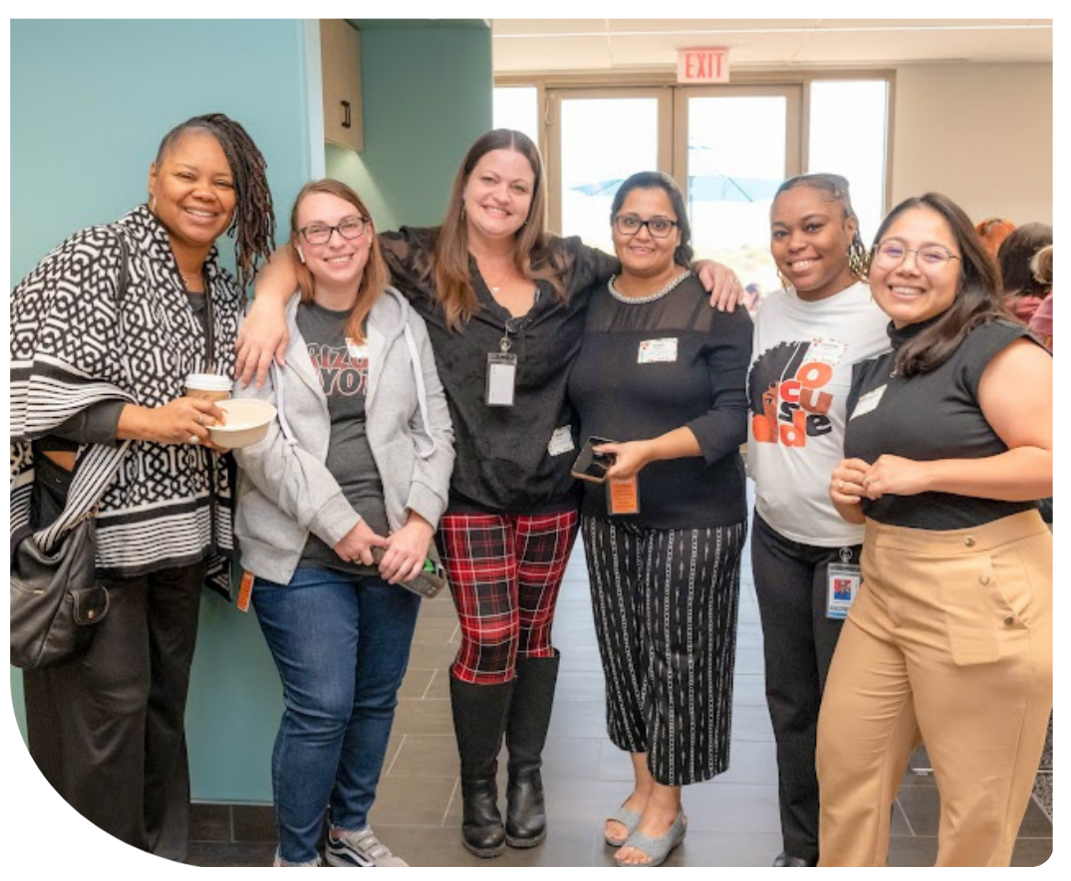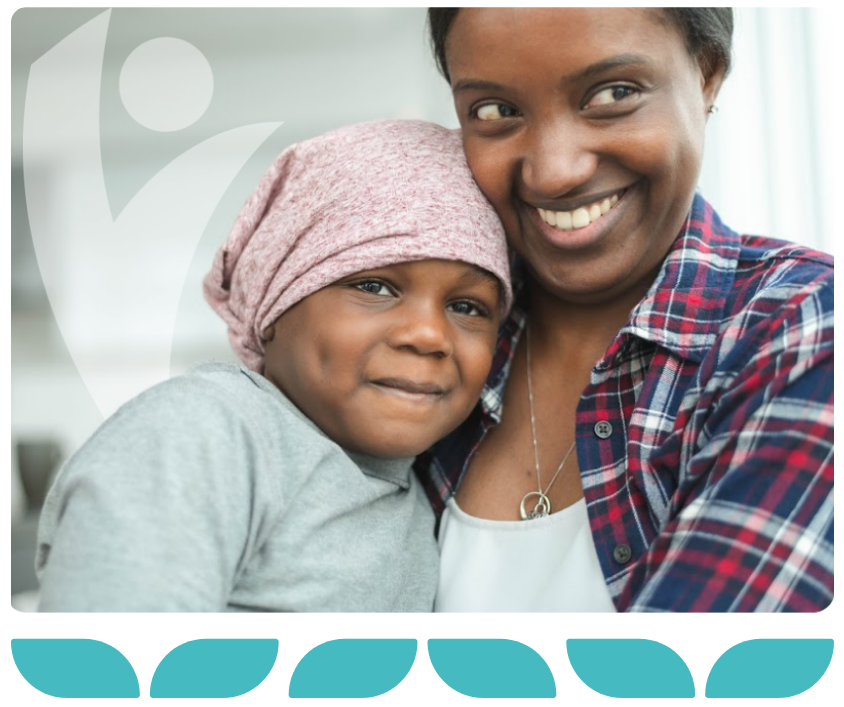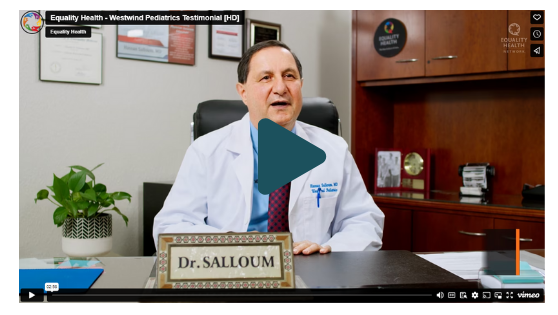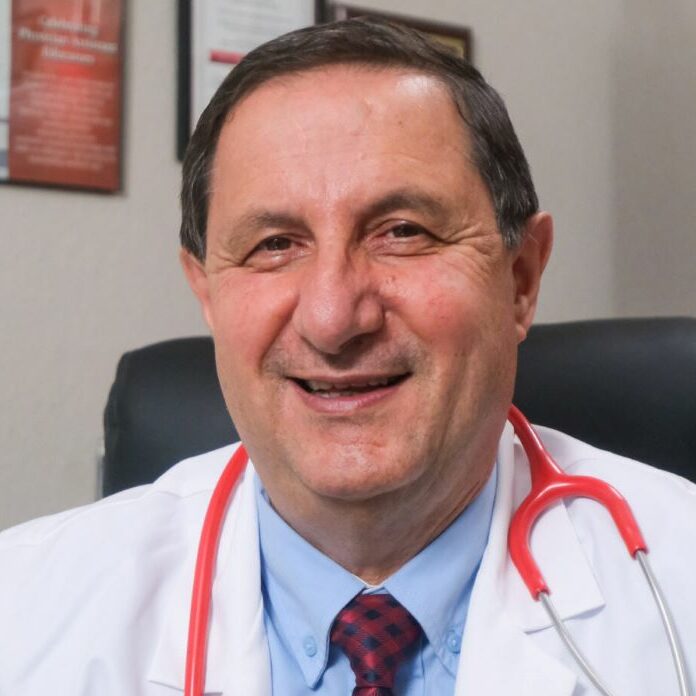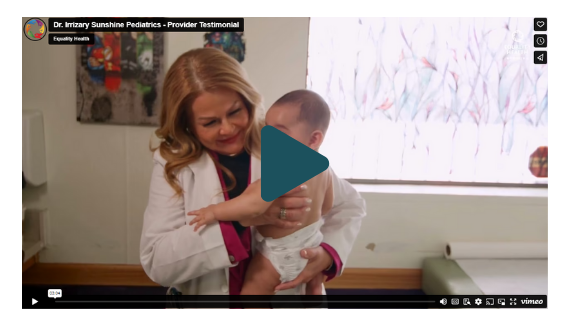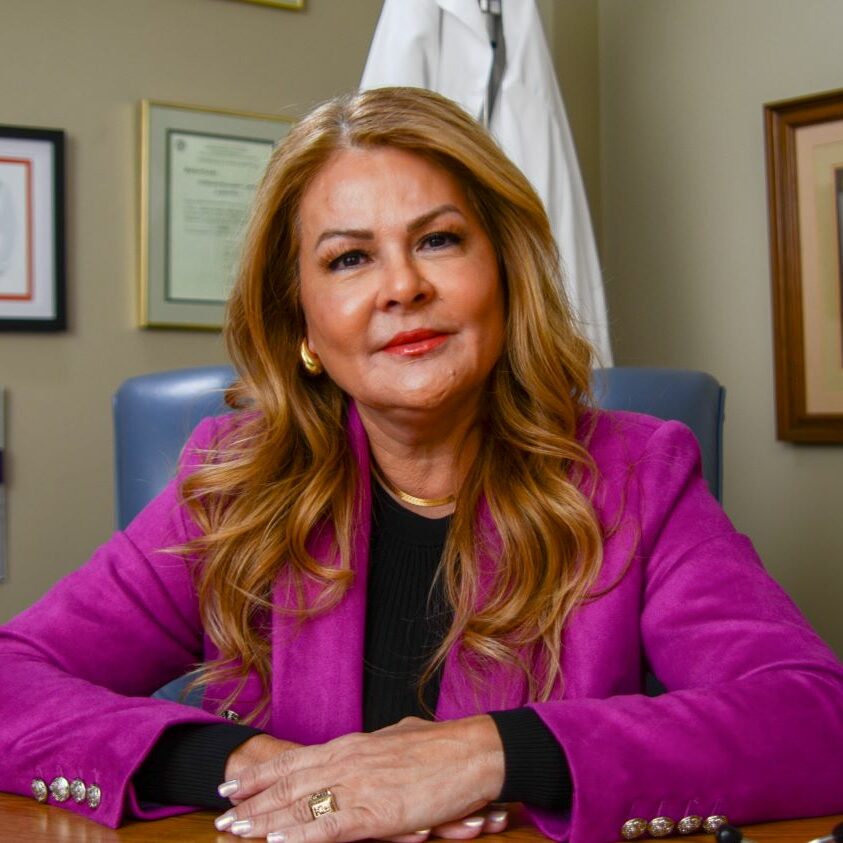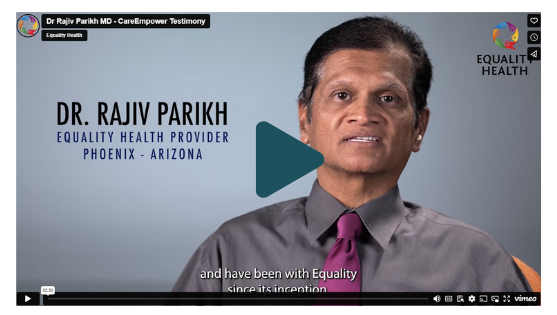Pediatrician - Westwind Pediatrics
Who We Are
Proudly established in Medicaid, Equality Health is a dynamic value-based care platform dedicated to transforming the current state of healthcare and empowering providers and health plans to focus their work on those individuals and communities that need it the most.
We help ensure that our members receive the highest quality of care and service – no matter their situation, status, or circumstance. By fusing technology, coaching, clinical expertise, financial support, and a deep understanding of value-based payment models, we facilitate the improvement of whole-person care.
